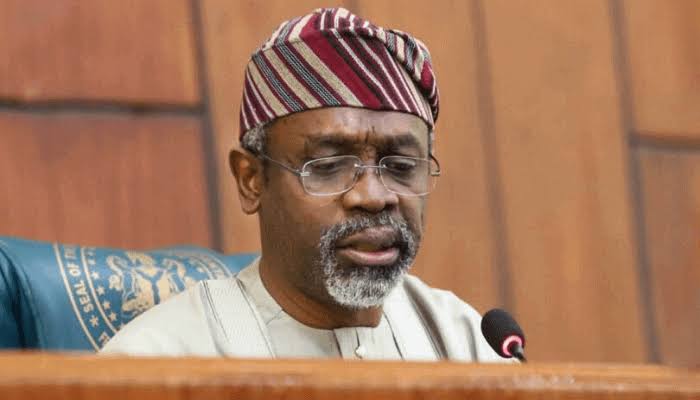The Speaker of the House of Representatives, Femi Gbajabiamila, has received the petition by Mutual Union of Tiv in America (MUTA) submitted by a member of the House, Mark Gbillah (PDP-Benue).
Mr Gbajabiamila, who accepted the petition at plenary on Tuesday, said the House would never discriminate against Nigerians irrespective of where they live.
The petition borders on the plight of the Tiv people across the country, particularly victims of killer herdsmen.
It would be recalled that the House, presided over by the Deputy Speaker, Ahmed Wase, on March 10, rejected the petition.
Mr Wase had explained that the decision to reject the petition was based on the legal identity and the locus of the petitioners.
Mr Gbajabiamila, however, explained that “the misunderstanding” was as a result of efforts to ensure clarity of signatories and identities of the petitioners.
He said, “I believe this is the same petition that has attracted a lot of attention last time; it is signed right? By the petitioners right?
“The House of Representatives does not discriminate against Nigerians no matter where they live.
“The misunderstanding came from the issues of signature.
“I must say the Deputy Speaker, Rep. Ahmed Wase, is one of the champions for diaspora voting and one of the brains behind the creation of a diaspora committee in this house.
“Having made clear that understanding, please go ahead and lay that petition.”
Earlier, Mr Gbillah said the petition bordered on the plight of Tiv people across the country, particularly victims of killer herdsmen.
The lawmaker, who represents Gwer West/East Federal Constituency of Benue State, said MUTA was concerned about the people who had been in Internally Displaced Persons (IDP) camps for years.
He said the union was dissatisfied that very little or nothing has been done to ensure the relocation of the IDPs and the security of the people.
Mr Gbillah said MUTA was praying the House to ensure that the Tiv people were relocated to their ancestral land.
He said the union was also asking the federal government to make provision for the rehabilitation, resettlement and reestablishment of the displaced people.
